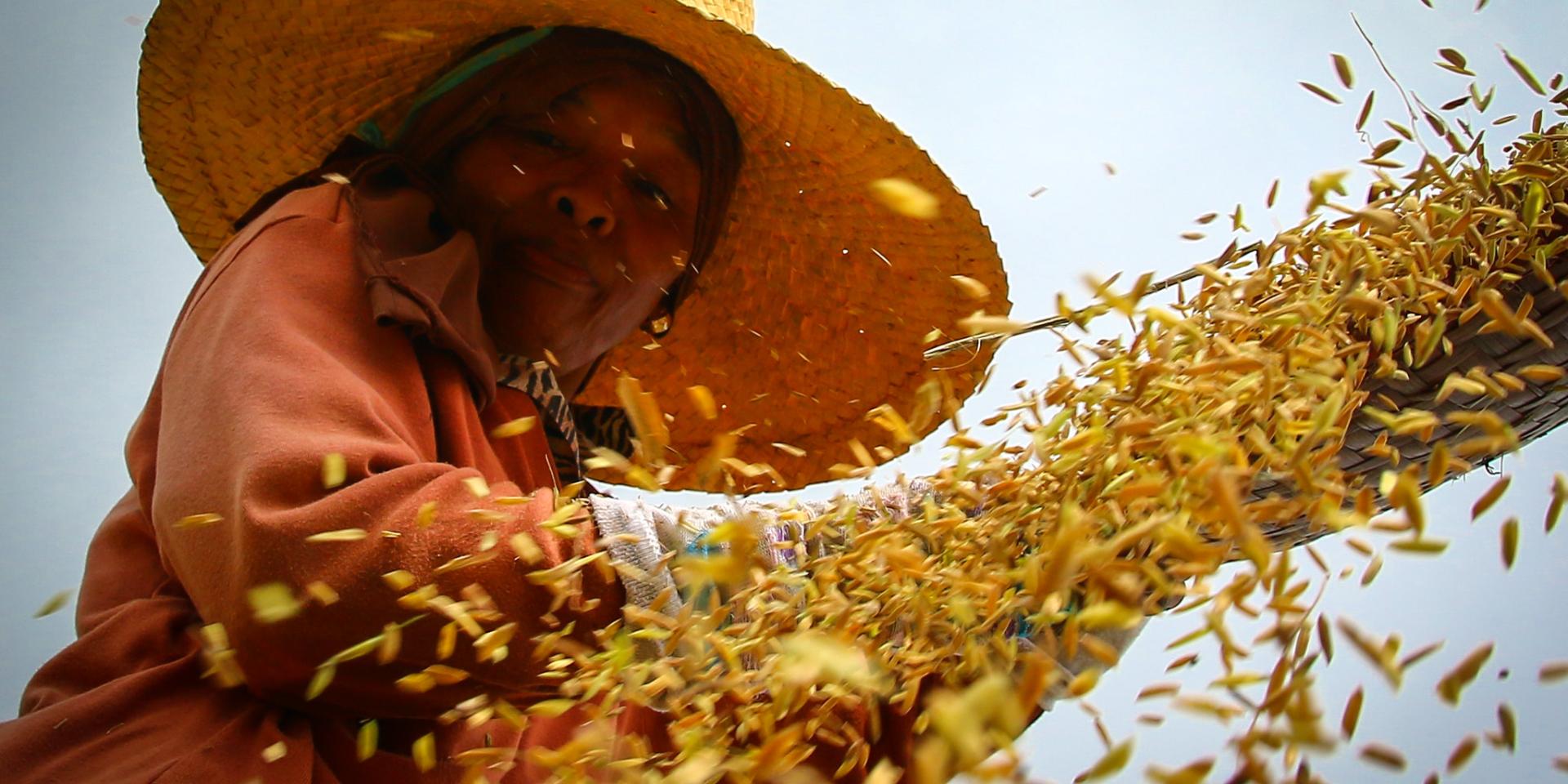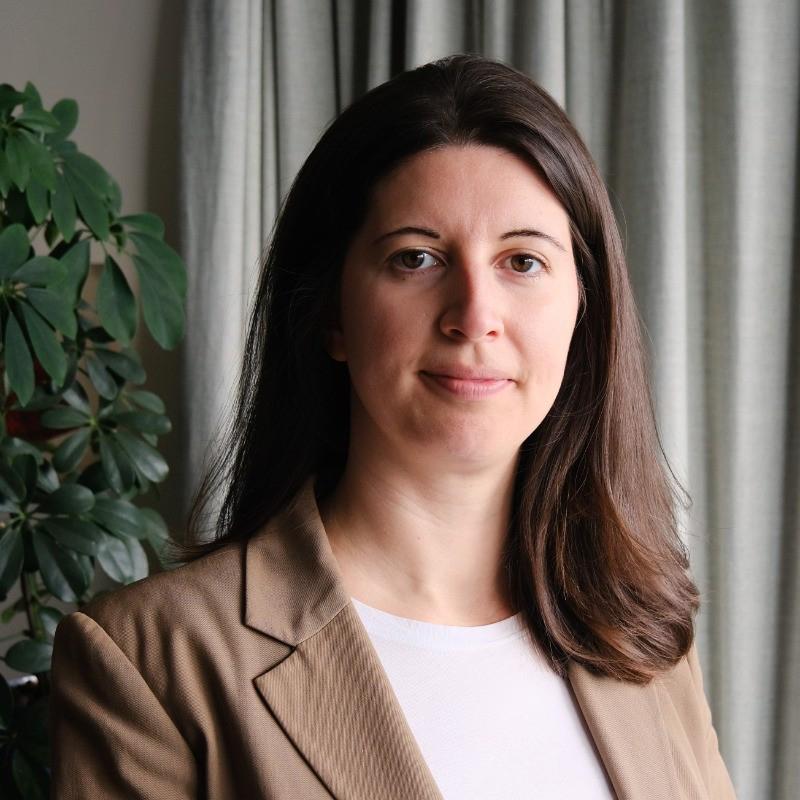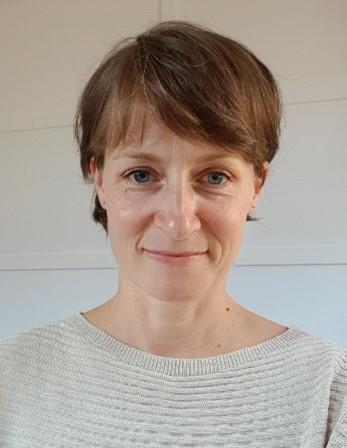Webinar: Women’s collective action and resilience in agri-food systems
 Photo: IRRI
Photo: IRRI
CGIAR GENDER Impact Platform hosted a webinar to discuss the role women’s collective action can play in strengthening their resilience in agri-food systems.
Women are key contributors to agri-food systems, particularly in rural areas of the Global South, where these systems provide critical livelihoods. However, structural barriers, such as limited access to resources, unequal decision-making power and entrenched gender inequalities, heighten women’s vulnerability to shocks and stressors like climate change and economic instability.
Collective action, where individuals collaborate towards shared goals, has shown promise in addressing these challenges and enhancing women’s resilience. Research from the last decade has explored the potential benefits of collective action for women small-scale farmers, for example.
While there is a generally accepted narrative that collective action contributes to women’s empowerment, its role in enhancing resilience amid different shocks and stressors is less understood. To better understand this, the GENDER Impact Platform hosted a webinar to delve into the findings of the forthcoming working paper What do we know about women’s collective action and its impact on their resilience in agri-food systems? A rapid evidence review prepared by researchers from the International Institute for Environment and Development’s (IIED) in collaboration with the International Rice Research Institute (IRRI).
We explored how women’s collective action can provide benefits that help members respond to shocks and stressors, as well as the limitations these have and the existing evidence gaps. After presenting findings and the implications for future research and practice, we will have time for an open discussion.
The IIED team is composed of five researchers: Francesca Booker, Janine Duffy, Giulia Nicolini, Isabela Nunez del Prado Nieto and Kata Wagner. This interdisciplinary team represents expertise from IIED’s Teams on Food and Farm Systems, Collective Action, Gender Data as well as leaders of IIED’s Gender Justice Network.
Watch the full webinar here
Speakers


Janine Duffy
International Institute for Environment and Development (IIED)
Giulia Nicolini
International Institute for Environment and Development (IIED)
Isabela Nunez del Prado Nieto
International Institute for Environment and Development (IIED)